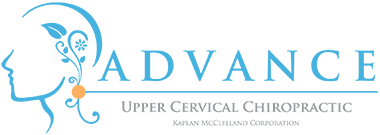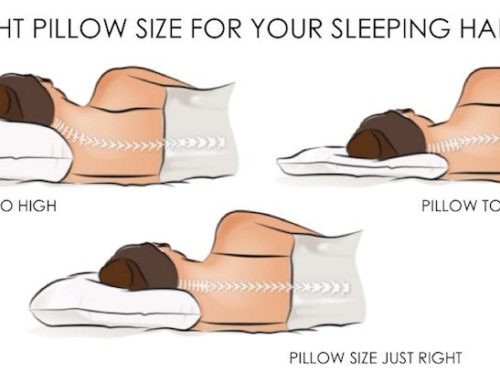Everyone appears to have their own opinion on what the healthiest diet is. There seems to be a new eating fad almost weekly – we had the Atkins, the South Beach, Slim-Fast, Jenny Craig, Vegan, and everything in between. First, the experts said to stay away from cholesterol, then it was saturated fat, then it was carbohydrates. What are we to believe? How do we sort through the confusion?
As the research has progressed and the dust has settled, I believe there are two major food lifestyles that have emerged above the rest with respect to health: Vegetarian and Paleolithic. These are the two that I am going to focus on here, as experts and critics alike have recently engaged in a war of words, statistics, science, and anecdotes to support their respective side of the fence. (It should be noted that I have chosen to exclude the Vegan diet from this debate, as many people choose this lifestyle for reasons having more to do with morality than health).
Just so everyone is caught up – I’ll explain the gist of these two diets. Vegetarians concentrate predominantly on vegetables, avoid animal flesh, but usually allow themselves to eat other animal products such as dairy and eggs. The Paleo folks try to emulate the diet of our hunter-gatherer ancestors in order to align with our evolutionary makeup. The focus is mostly on healthy sources of meat (free-range, organic, hormone-free, grass-fed), fruits & vegetables, and nuts & seeds.
Before I compare the arguments on either side I’d like to point out the similarities, as these two ways of eating share many commonalities that are universal to all human beings. While both sides concede that each individual has unique variants and metabolic needs, there are several broad dietary recommendations for good health:
- Eat organic, local, and fresh
- Eat lots of fruits and vegetables
- Avoid grains
- Avoid processed foods
- Avoid sugar
- Avoid any foods you are allergic to (dairy, corn, soy, peanuts, gluten are most common)
- Limit carbohydrates (except those found in fruits, vegetables, nuts, and legumes)
- Eat quality fats/cholesterol
There is no argument about the beneficial properties of eating lots of fresh fruits and vegetables. These foods are loaded with antioxidants, phytonutrients, and trace minerals that provide us with health and longevity, while also helping to prevent chronic disease. There is also not much disagreement about eating a diet heavily weighted towards Omega-3 fats (avocados, walnuts, fish oil, chlorella, grass-fed beef, chia seeds), compared to Omega-6 fats (corn, corn/grain-fed animal products, processed foods); the only real debate is about where to best acquire these essential Omega-3 fatty acids.
Despite all the similarities of these two diets, the difference between the two is a major one: the health implications of MEAT. In 2004, Professor T. Colin Campbell came out with a groundbreaking book called The China Study that was initially greeted with almost universal praise. In addition to exposing the medical industry’s profit-seeking intentions, Campbell provides nutritional implications to heart disease, cancer, and diabetes. Furthermore, he provides a hypothesis that animal protein is a direct cause of these devastating diseases. However, the evidence he provides to support this link has since been under fire from experts and critics all over the globe. Many feel that the data he uses is not scientifically sound or relevant. So, what should we believe?
“A growing body of research suggests that many of the health problems associated with eating beef are really problems with corn-fed beef”
~Michael Pollan, author of Omnivore’s Dilemma and In Defense of Food
Somewhere beneath the noise and static lies the truth, but the truth in this case is open to some interpretation. In part 2 of this post, I will attempt to identify and simplify the criticisms of The China Study. We will also hear more from Michael Pollan and other nutrition experts about how the latest research and science tells us we should eat. More to come soon…
~Noah Kaplan, DC Walnut Creek Chiropractor







